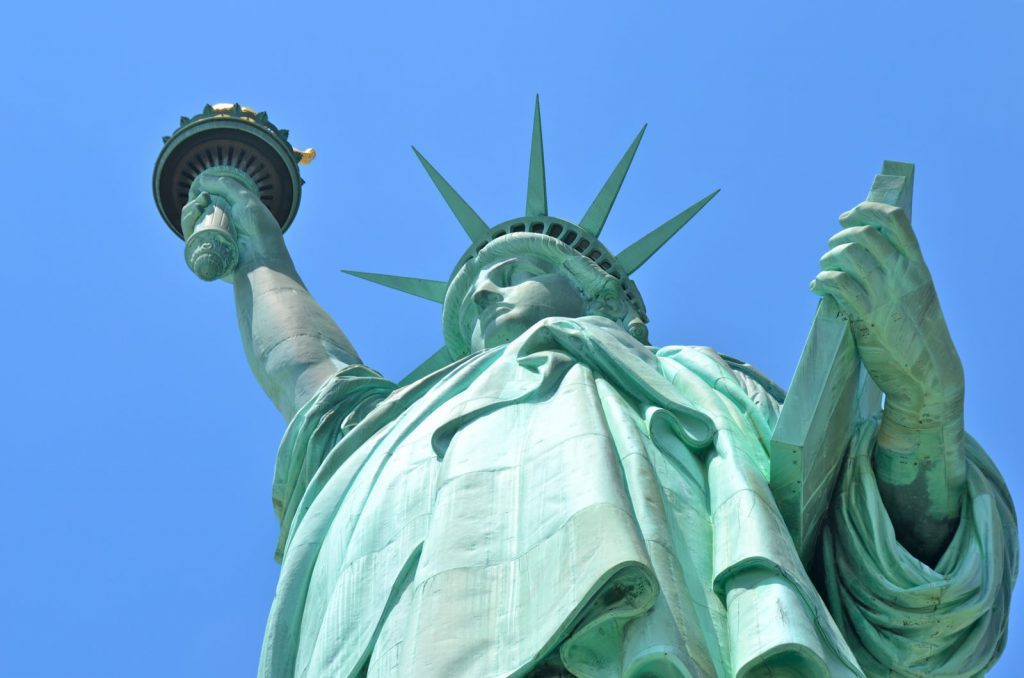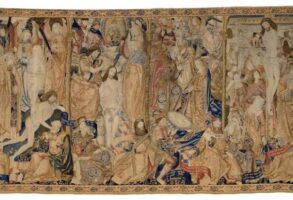
Published September 12, 2017
I am a Roman Catholic, and I do not know what I am supposed to believe about immigration. I mean that in all sincerity. Do not worry: I have read my Bible. I have read the Catechism. I have read the encyclicals. I submit to the pope. But I honestly do not know what I am supposed to believe.
I live in France and closely follow U.S. political debates—and try to influence them through my position at the Ethics and Public Policy Center. For all the specifics, the issue of immigration is framed in surprisingly similar (and overheated) terms in both countries. And my fellow Catholics are split between two camps that seem intent on shouting at each other. I have friends on both sides whose intelligence, faith and mercy I deeply respect.
I do not know what I believe. I do not know what I believe because my heart breaks for those who are, or feel, forced to leave their land, who want to make a better life, who suffer. I do not know what I believe because there are genuine questions of both prudence and principle that remain unresolved. How many immigrants can any given society safely absorb? What are the empirical costs and benefits of immigration? (I have looked at a lot of social science, and the answer is murky.) Are Christians not supposed to believe in the legitimacy of civil authority and non-totalitarian states, which cannot exist without borders? Are we not supposed to be skeptical of the desires of the rich and of big business, who in the West overwhelmingly support and benefit from expanded immigration? I am not sure how to settle these matters.
So instead of lecturing, I want to pose the following questions, in all sincerity, because I do believe there are men and women of profound faith and genuine intellect on both sides.
To my friends who support an open door, I grant that we should be outraged by the plight of migrants and refugees. I grant the Gospel imperative to “welcome the stranger.” But here is the thing: The church’s doctrine also supports the right of sovereign countries to have borders. It is one of the most basic duties of states to enforce their borders. Church tradition recognizes that immigration must be subject to some regulation, rather than expecting a country to welcome every stranger. A state might design immigration rules not only for security reasons but also with concern about how many immigrants it can receive and how well they can integrate into its society. At some point, according to church doctrine, it is a country’s right and even duty to say “No” to some perfectly nice people.
My question is: What is that point? I mean that seriously. I would be much more comfortable with emotion-laden appeals to “welcome the stranger” if they were accompanied with some logic or rationale for the point at which welcoming the stranger becomes imprudent. Or do you favor completely open borders? And if you do, why not simply make the case for that?
Now, to my friends who have found a line that must be drawn, that borders must be enforced, my question is: What is distinctly Christian about your approach? You make a lot of valid points—about the difficulties in integrating people who do not share the same culture, about the risk of increasing inequality by importing cheap labor. You are right to say that the specifics of immigration policy are a question of prudence, not simply doctrine.
But the doctrine is not silent. It does call on us to make a specific moral effort. Even if you are right empirically about the negative effects of increased immigration, it is still the case that the Gospel calls on us to show special, supererogatory concern for migrants and refugees. Put differently: What is it that would distinguish your ideal immigration regime from the ideal immigration regime of a completely secular person who happened to share your empirical analysis of the costs and benefits of immigration?
I have never seen my friends answer these questions. And I would—genuinely, truly—like to see an answer to them.
Pascal-Emmanuel Gobry, who lives in Paris, is a contributing writer to America, a fellow at the Ethics and Public Policy Center in Washington, D.C., and a columnist at TheWeek.com.




